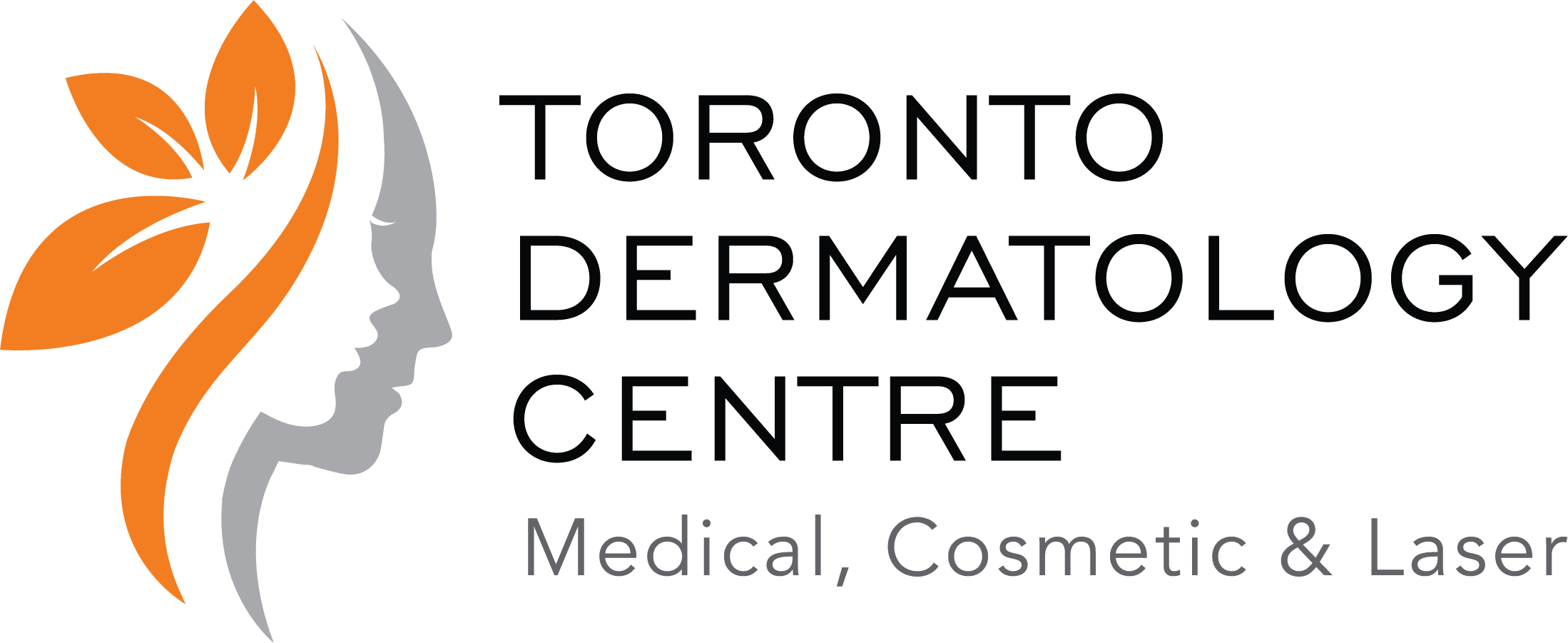
Everyone can benefit from healthy habits like exercising and not smoking. If you have psoriasis, healthy habits have some extra benefits.
Quitting smoking
Researchers have found that smokers who have psoriasis and quit smoking can:
-
- Reduce their risk of developing diseases of the heart, blood vessels, liver, and gums
- Lessen their chance of developing an autoimmune disease like Crohn’s disease
- Have fewer psoriasis flares
- Have less palmoplantar psoriasis
- Increase remissions (periods with little or no psoriasis)
Nicotine patch warning
Before using a nicotine patch, ask your dermatologist if the patch is the right choice for you. The nicotine patch may cause your psoriasis to flare.
Limit alcohol
Researchers have also found several benefits to limiting alcohol if you have psoriasis. These include:
- Less psoriasis because treatment becomes more effective
- Increased remissions
- Reduced risk of developing psoriatic arthritis (for women) and fatty liver disease
- Decreased risk of liver damage from psoriasis medications
Alcohol impact
Men who have more than 2 drinks per day and women who have more than 1 may see the following effects from drinking:
• Psoriasis treatment stops working — or doesn’t work as well
• Fewer (or no) remissions (periods without psoriasis)
Maintain a healthy weight
If you are overweight, losing weight can:
- Reduce your psoriasis flares
- Decrease the need for psoriasis medications
- Improve how well your psoriasis treatment works
- Decrease your risk of developing diseases associated with psoriasis, including heart disease, high blood pressure, unhealthy cholesterol levels, fatty liver disease, and diabetes.
Losing weight helps
After losing weight, many patients discover that their psoriasis medicine, which previously failed, begins to work.
Eat a healthy, balanced diet
Eating a healthy and balanced diet has benefits for everyone. If you have psoriasis, the benefits include:
- Improve your health and help you feel better
- Reduce your risk of developing diseases linked to psoriasis, including diabetes, heart disease, and high blood pressure.
Exercise
While exercise may seem impractical if you have psoriasis, working out can reduce some of psoriasis’s negative effects by helping you:
- Lose weight or maintain a healthy weight
- Reduce your risk of developing diseases linked to psoriasis, including fatty liver disease and heart disease
- Reduce stress, depression, and anxiety
Reduce exercise pain
If you have pain while exercising, tell your dermatologist. You may be able to make some changes that can help prevent the pain while working out.
Get screened for related diseases
Getting screened can help you:
- Find a disease early, when it can often be cured or managed successfully
- Take steps to reduce the effects that the related disease has on your life
- Allow you to use a psoriasis treatment that may help reduce the effects of a related disease (for example, some biologics that treat psoriasis may also reduce the risk for a heart attack)
Check your eyes
If you have severe psoriasis, your dermatologist may recommend that you see an eye doctor once or twice a year. This can find eye problems early.
See a dermatologist and keep your appointments
Psoriasis tends to be a lifelong condition. Dermatologists understand this disease and know how to treat it appropriately. A dermatologist can help you:
- Find psoriasis treatment that’s right for you
- Control psoriasis, which can prevent psoriasis from worsening and improve your quality of life
- Assess your risk of developing related diseases and tell you when to get screenings for these diseases
- Find early symptoms of psoriatic arthritis so that you can begin treatment
- The impact that psoriasis has on your life can be significant. Making healthy lifestyle choices may reduce this impact.
Diseases more common in people who have psoriasis
If you have psoriasis, research shows that you may have a higher risk of developing the following:
- Addiction to alcohol or tobacco
- Crohn’s disease
- Diabetes
- High blood pressure
- Eye problems
- Gum disease
- Heart and blood vessel diseases (heart attack, stroke)
- Kidney disease
- Liver disease
- Mood disorder (anxiety, depression, thoughts of suicide)
- Obesity
- Psoriatic arthritis
- Unhealthy cholesterol levels
The longer you have psoriasis, the greater your risk of developing related diseases. A healthy lifestyle, however, can reduce your risk.
Credit: American Academy of Dermatology
